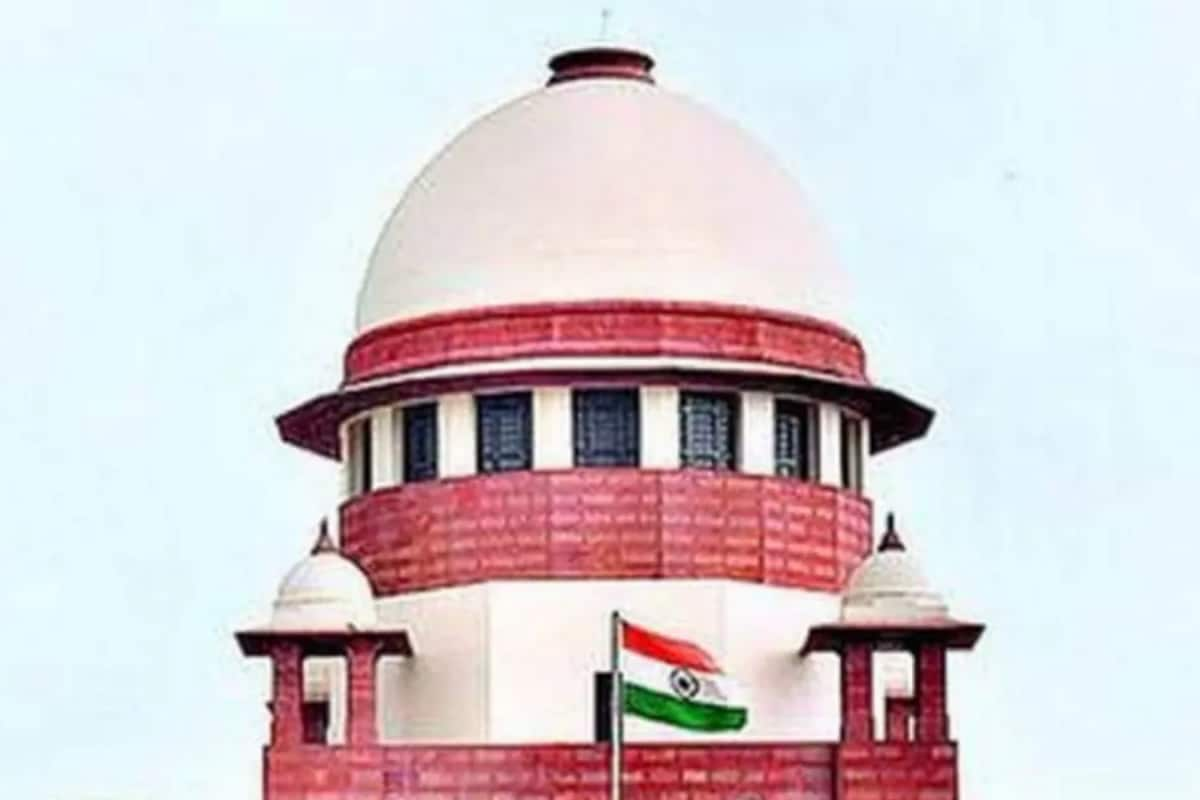

The Supreme Court of India has voiced strong concerns regarding the practice of police and investigating agencies summoning lawyers for questioning about their clients or the advice given to them. The court stated that this practice undermines the autonomy of the legal profession and poses a direct threat to the independence of the administration of justice.
A bench of Justices K.V. Viswanathan and N. Kotiswar Singh made these observations while hearing a plea by a Gujarat-based lawyer who was summoned by the police for securing bail for his client in a loan dispute case. The court noted that the legal profession is an integral part of the justice administration process, and lawyers have certain rights and privileges due to their professional status and statutory provisions.
The Supreme Court framed two key questions for consideration. The first question is whether investigating agencies can directly summon a lawyer for questioning when the individual's association with a case is solely as a lawyer advising the party. The second question is, assuming that the investigating agency has a case that the lawyer's role is not merely advisory but something more, should they be directly permitted to summon the lawyer, or should judicial oversight be prescribed for such exceptional criteria?
The court has sought assistance from Attorney General R. Venkataramani, Solicitor General Tushar Mehta, Chairman of the Bar Council of India Manan Kumar Mishra, President of the Supreme Court Bar Association Vikas Singh, and President of the Supreme Court Advocates-on-Record Association Vipin Nair to address these questions comprehensively. The matter has also been referred to Chief Justice of India B.R. Gavai for further directions.
The Supreme Court's observations came in the wake of a case where a lawyer in Gujarat was summoned by the police under Section 179 of the Bharatiya Nagarik Suraksha Sanhita (BNSS) to provide details about a loan transaction between two parties, a case in which the lawyer had acted in his professional capacity. The lawyer challenged the notice, arguing that it violated client-lawyer privilege. The High Court dismissed the plea, but the Supreme Court intervened, staying the police notice and directing the state not to summon the lawyer until further orders.
The issue of summoning advocates has gained national attention, especially after the Enforcement Directorate (ED) issued summons to senior Supreme Court lawyers in connection with cases where they had only provided legal advice. Following widespread outrage, the ED withdrew the summons and issued a circular directing its field offices not to issue summons to advocates in violation of Section 132 of the Bharatiya Sakshya Adhiniyam, 2023, which protects attorney-client privilege.
Section 132 of the Bharatiya Sakshya Adhiniyam, 2023, prohibits lawyers from disclosing any communication made by their client or the contents of any document they have become acquainted with in their professional capacity, without the client's express consent. This privilege is considered essential for the administration of justice, allowing clients to communicate freely with their lawyers without fear of their communications being used against them.
The Supreme Court has emphasized that lawyers must be able to advise and represent clients without fear of being summoned or harassed. The court views the summoning of lawyers for client matters as a serious interference with the administration of justice and a threat to the independence of the legal profession. The court has unequivocally stated that police have "absolutely no authority" to summon an advocate to disclose privileged communications.